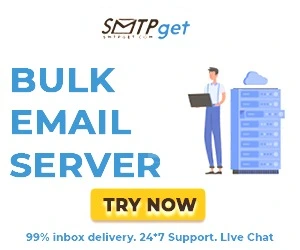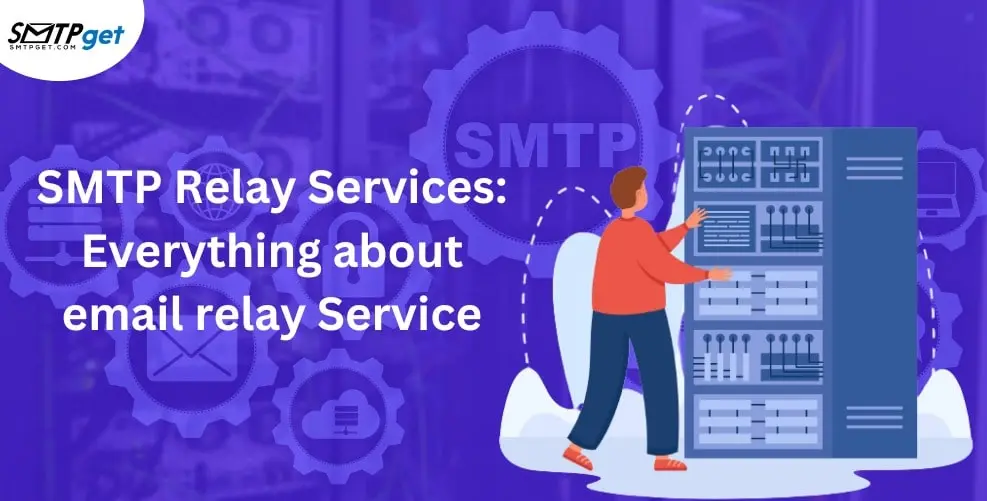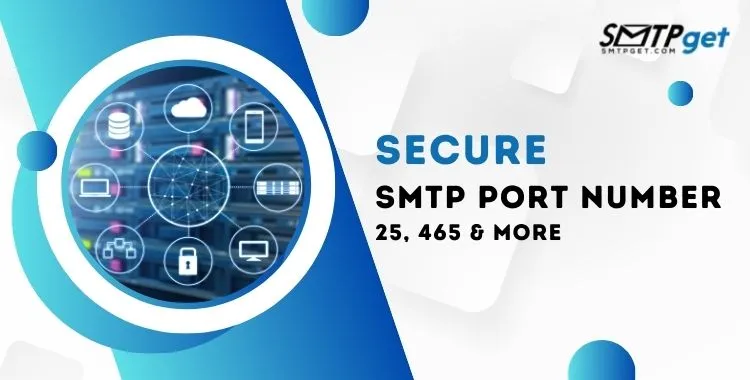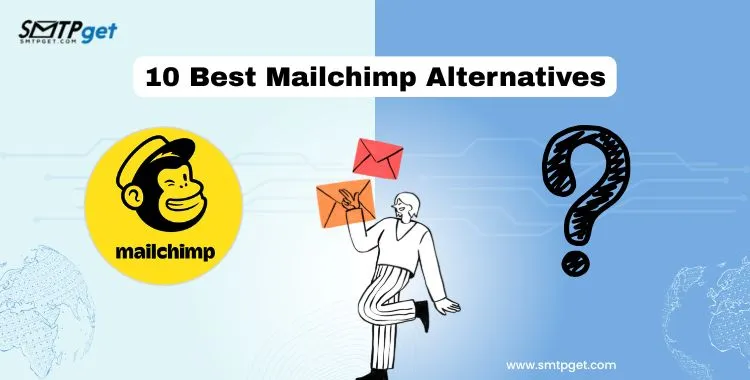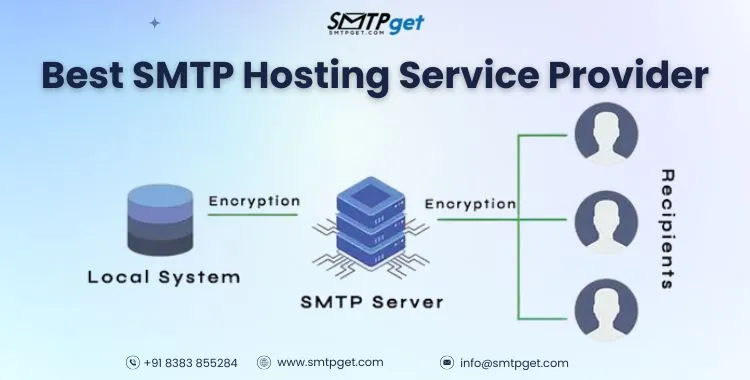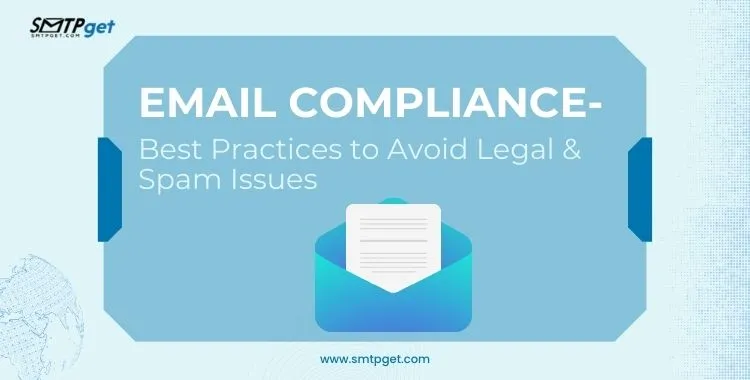How To Write A Cold Email is a question many professionals ask today, especially in sales, marketing, or business development. A cold email is a message sent to someone you don’t know, usually to start a conversation or offer your service. It’s not easy, but if you learn how to start cold sales emails the right way, it can help you grow your business.
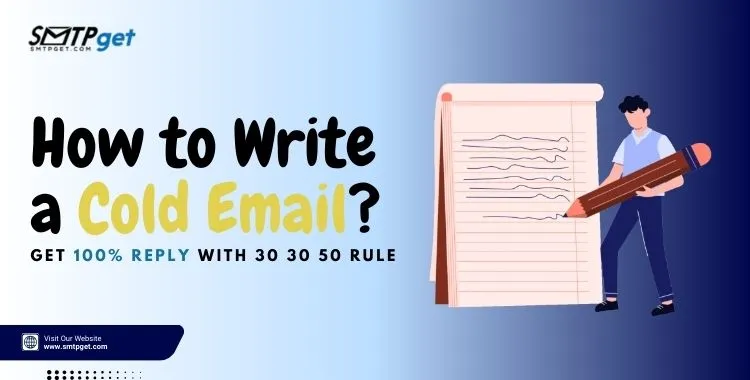
This guide will teach you how to write a cold email, understand the 30 30 50 rule for cold emails, and show you examples of cold email templates that work.
What Is a Cold Email?
Before learning how to write a cold email, you should know what it is.
A cold email is a professional message sent to someone who doesn’t know you. You sent it without any contact beforehand. This is different from a warm email, which is sent to someone who already knows you.
So, what is the difference between warm vs cold email?
- Warm email: Sent to someone you’ve talked to before or have a connection with.
- Cold email: Sent to someone for the first time, usually to start a conversation.
Knowing warm vs cold email is important to understand the tone and approach you should take.
Why Cold Emails Work (When Done Right)
When you learn how to write a cold email well, it can help you:
- Sell your product or service
- Connect with business partners
- Get feedback or advice
- Book meetings
- Find a job or internship
Many companies use B2B cold email to reach out to other businesses. A well-written cold email feels personal, clear, and valuable.
But if you don’t know how to start cold sales email properly, it can feel like spam.
That’s why learning the 30 30 50 rule for cold emails? can help. This rule means:
- 30% research
- 30% personalization
- 50% value to the reader
Follow this rule every time you send a cold email.
Step-by-Step Guide: How To Write A Cold Email
Let’s break down how to write a cold email into 6 simple steps.
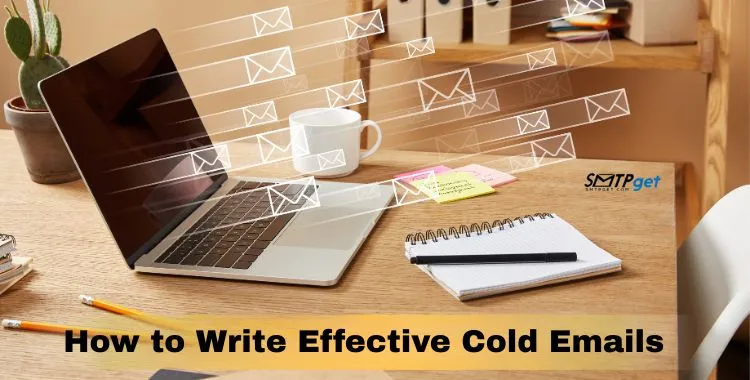
Step 1: Do Your Research
Before you write, take time to learn about the person or business you’re emailing. In B2B cold email, this means understanding their company, pain points, and how your solution helps.
This is part of the 30 30 50 rule for cold emails? – 30% of your time should go to research.
How to start cold sales email if you don’t know the person?
Look at:
- Their LinkedIn profile
- Company website
- Blog or news articles
Use this to add a personal touch to your message.
Step 2: Write a Catchy Subject Line
The subject line decides if your email is opened. A good subject line is:
- Short (5–7 words)
- Clear and honest
- Related to the person or their work
This is a big part of how to write a cold email. Even the best cold email templates won’t work if your subject line is boring.
Examples:
- “Quick idea for [Company Name]”
- “Question about [specific topic]”
- “Loved your blog on [topic]”
Step 3: Personalize the Opening
Now that they opened your email, don’t start with a boring intro. Instead, start with something personal.
This follows the second part of the 30 30 50 rule for cold emails? – 30% personalization.
How to start cold sales email in a personal way:
- Mention something they wrote or did
- Give a compliment
- Talk about a common connection
Example:
“Hi [Name], I read your LinkedIn post about remote work. Really helpful!”
This is how you make your cold emailing efforts feel human.
Step 4: Get to the Point
Now tell them why you’re writing. Be clear and polite.
This is the value part – 50% of the 30 30 50 rule for cold emails?
Example:
“I help HR teams save time by automating hiring emails. I thought this might be useful for your team at [Company Name].”
This step is key in learning how to write a cold email that works.
Step 5: Offer Value
Before asking for anything, offer something useful. This could be:
- A helpful tip
- A free resource
- A short idea
Cold emailing is not about selling; it’s about helping first.
This also shows you understand the difference between warm vs cold email – cold emails must give more value upfront.
Step 6: End with a Call to Action
Don’t leave the email open-ended. Ask for something simple.
Examples:
- “Can we schedule a 10-minute call next week?”
- “Would you like to see a quick demo?”
- “Can I send you more details?”
- Keep your CTA (call to action) short and easy.
This final part completes your process of how to start cold sales emails and also confidently closes your email.
5 Best Cold Email Templates (Easy to Use)
Here are two cold email templates you can copy and adjust.
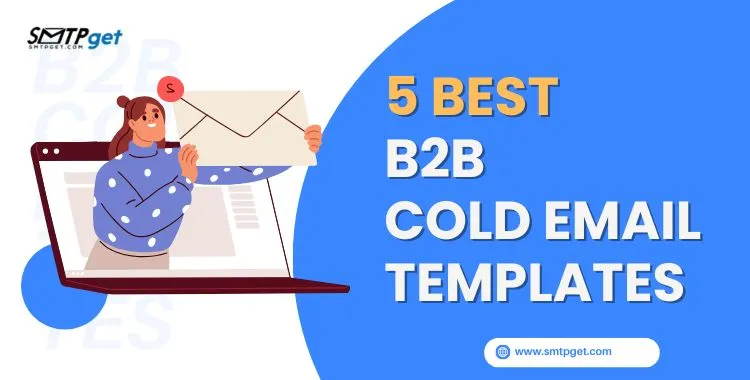
Cold Email Template for Sales (B2B)
Subject: Quick idea for [Company Name]
Hi [Name],
I saw your recent post on [Topic] and really liked it. I help companies like yours reduce time spent on [Problem] using a tool we built.
We recently helped [Similar Company] cut costs by 30% in just 2 months.
Would you be open to a short chat this week?
Thanks,
[Your Name]
Cold Email Template for Job/Internship
Subject: Applying my skills to [Company Name]
Hi [Name],
I’m a [Your Profession/Student] and a fan of your work at [Company]. I’d love to offer help in [Area], especially after seeing your recent project on [Topic].
Can I send over my resume or work samples?
Best,
[Your Name]
Cold Email Templates for Research Collaboration
Subject: Collaboration Opportunity on [Research Topic]
Hi Dr. [Last Name],
I’m [Your Name], a [Your Role] at [Your Institution]. I’ve been following your work on [specific topic or paper], and I found it both insightful and aligned with my current research on [brief description].
Would you be open to a conversation about potential collaboration? I believe our combined expertise could lead to meaningful findings.
Looking forward to hearing from you.
Warm regards,
[Your Name]
[Your Affiliation]
[Contact Info]
Cold Email Templates for Recruiters
Subject: [Job Title] Opportunity at [Company Name]
Hi [Candidate’s First Name],
I came across your profile and was impressed with your background in [skill/domain]. We’re currently hiring for a [Job Title] at [Company], and I believe you could be a strong fit.
Would you be open to a quick 10-minute chat to discuss the role?
Best regards,
[Your Name]
[Your Position]
[Company]
Cold Email Templates for SaaS Companies
Subject: Helping [Company Name] save time with [Your SaaS Tool]
Hi [First Name],
I noticed your team at [Company Name] is scaling fast. Our tool, [SaaS Product Name], helps teams like yours automate [pain point] and save [specific outcome].
Would you be open to a quick demo this week?
Best,
[Your Name]
[Company Name]
[Website]
Using these cold email templates is a smart way to save time while still sending effective messages.
More Tips on How To Write A Cold Email
Here are some extra tips to keep in mind:
Follow the 30 30 50 rule for cold emails?
Don’t skip research or personalization. This rule improves your reply rates.
Avoid spam words
Words like “Buy now”, “Free”, or “Limited time” make your email look like spam.
Keep it short
Your email should be under 150 words. People don’t like long emails.
Be polite and respectful
Never demand. Always ask gently.
Follow up
Sometimes people are busy. Send a polite follow-up email after 3–4 days.
Warm vs Cold Email – Key Differences
Here’s a quick comparison of warm vs cold email:
| Feature | Warm Email | Cold Email |
| Prior Contact | Yes | No |
| Personal Connection | Existing | None yet |
| Trust Level | High | Low |
| Approach | Direct and Friendly | Helpful and Soft |
| Goal | Continue conversation | Start new conversation |
Knowing this difference helps you understand how to start cold sales emails properly.
Common Cold Email Mistakes
When learning how to write a cold email, avoid these mistakes:
- Using generic templates without changes
- Writing long paragraphs
- Sounding too salesy
- Asking too much too soon
- Not adding value
Even the best cold email templates fail if you make these errors.
Final Thoughts
Now you know how to write a cold email, apply the 30 30 50 rule for cold emails?, and choose from proven cold email templates. Whether you’re doing cold emailing for sales, jobs, or networking, following these tips will help you succeed.
Let’s review:
- Always do research
- Personalize every email
- Offer real value
- Use a clear and kind tone
- Keep it short and simple
And remember, the difference between warm vs cold email is big, so adjust your tone and approach based on that.
Whether you’re sending your first B2B cold email or improving your outreach strategy, knowing how to start a cold sales email correctly can make a huge difference.
Now it’s your turn to write and send your first great cold email!
FAQs – How To Write A Cold Email
To write a cold email, keep it short, personalized, and focused. Start with a strong subject line, introduce yourself clearly, and offer value to the recipient. Always end with a clear call-to-action.
1. What is a cold email?
A cold email is a message you send to someone you don’t know to start a conversation, usually about business, a job, or a partnership. It’s the first step in building a connection.
2. How is a cold email different from a warm email?
A cold email is sent to someone for the first time. A warm email is sent to someone you’ve talked to before or already know. Cold emails need to be more thoughtful and helpful to build trust.
3. What is the 30 30 50 rule for cold emails?
It’s a simple rule to make your cold emails better:
- 30% Research
- 30% Personalization
- 50% Value for the reader
Follow this to make your emails feel more real and useful.
4. Why do cold emails work?
Cold emails work because they help you reach new people, get job opportunities, book meetings, or make sales—when done the right way. A helpful and personal email can grab someone’s attention.
5. How do I start a cold email if I don’t know the person?
Start with a personal touch. Mention something they’ve written or done, give a small compliment, or talk about a shared interest. This helps build a connection quickly.
6. What should I write in the subject line of a cold email?
Your subject line should be short (5–7 words), honest, and clear. It should give a reason for the person to open your email. Example: “Quick idea for [Company Name]”.
7. How long should a cold email be?
Keep your cold email short—ideally under 150 words. People are busy and likely won’t read a long message from someone they don’t know.
8. What are some good cold email templates I can use?
You can use templates for:
- B2B sales
- Job or internship requests
- Research collaborations
- Recruiter outreach
- SaaS product demos
Just make sure you edit the template to fit the person you’re emailing.
9. What mistakes should I avoid when writing a cold email?
Avoid these common mistakes:
- Using the same message for everyone
- Sounding too pushy or “salesy”
- Writing too much
- Not giving value or reason to respond
- Forgetting to follow up
10. Should I follow up after sending a cold email?
Yes! Many people are just busy or miss emails. Send a polite follow-up after 3–4 days if you don’t get a reply. Keep it short and respectful.
